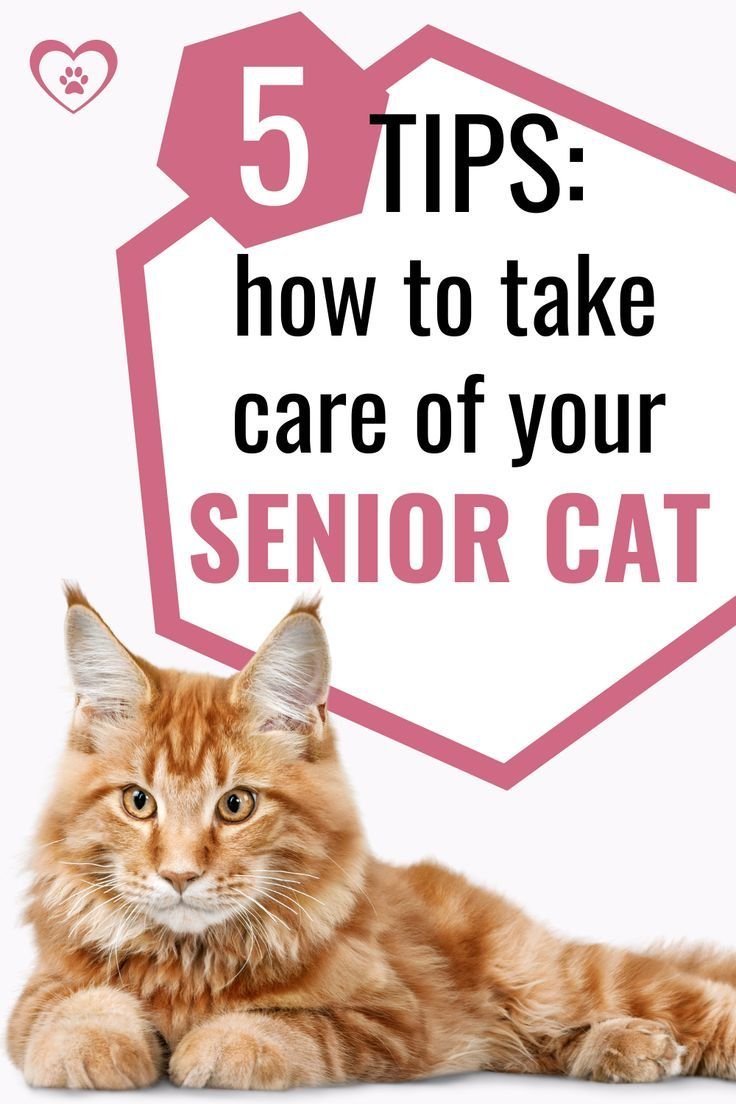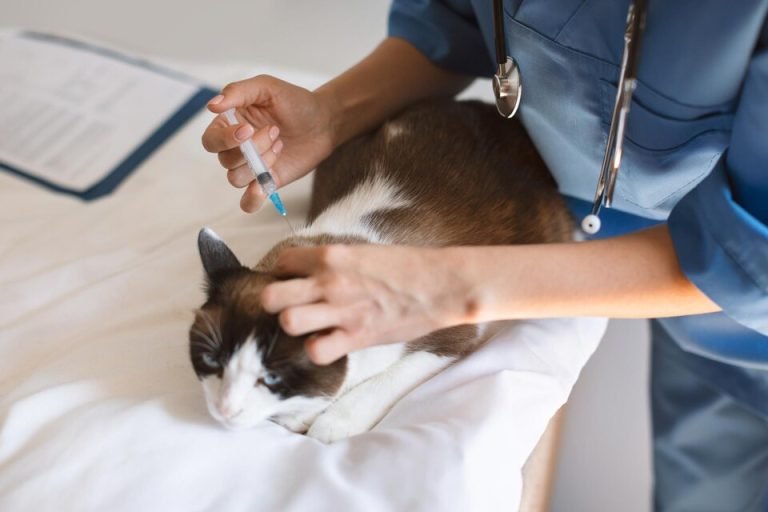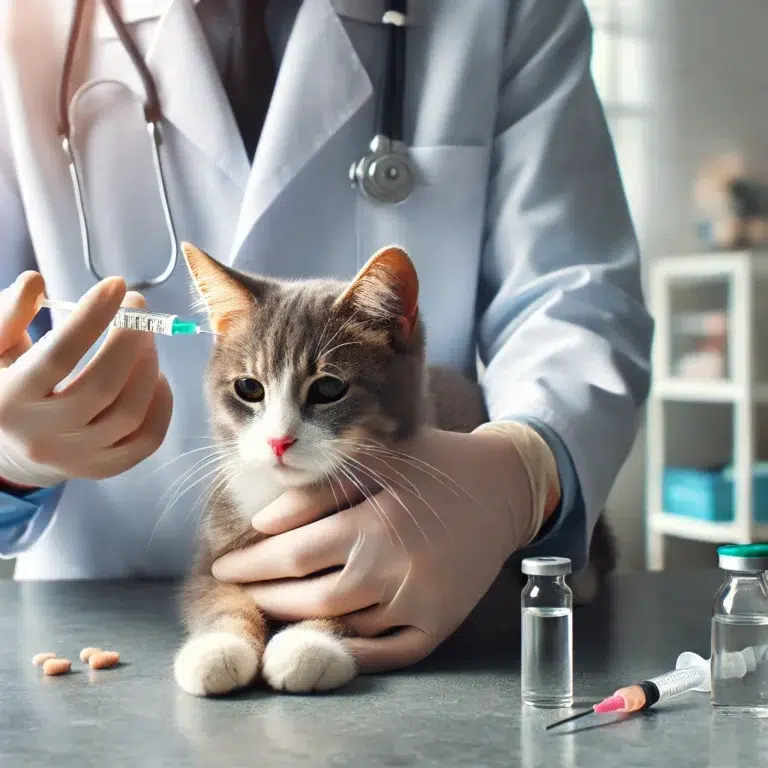Disclosure: This page may contain ads and affiliate links. We may earn a commission at no extra cost to you.
Views: 4
Disclosure: This page may contain ads and affiliate links. We may earn a commission at no extra cost to you.
Introduction:
As our feline friends age, their needs change, and it becomes essential to provide them with proper care to ensure their health and well-being. Senior cats require specific attention and considerations to help them age gracefully. In this article, we will provide valuable tips from a vet on how to take care of your senior cat, ensuring they enjoy a comfortable and fulfilling life.
Regular Veterinary Check-ups
Regular veterinary check-ups are crucial for senior cats. These visits allow the vet to monitor your cat’s health, detect any underlying conditions early on, and provide appropriate treatment. It is recommended to schedule check-ups at least twice a year for senior cats. During these visits, the vet will assess your cat’s weight, dental health, mobility, and perform necessary blood and urine tests.
Balanced Diet
A balanced diet plays a vital role in maintaining the health of senior cats. Consult with your vet to determine the best diet suited for your cat’s specific needs. Generally, senior cats benefit from high-quality, age-appropriate cat food that is formulated to support their aging bodies. These diets often contain easily digestible proteins, lower fat content, and added nutrients like joint supplements to support mobility.
Hydration and Fresh Water
Proper hydration is essential for senior cats to support their kidney function and overall well-being. Ensure your cat has access to clean, fresh water at all times. Some senior cats may prefer running water, so providing a cat fountain can encourage them to drink more. Additionally, consider adding wet food or incorporating moisture-rich options into their diet to increase their water intake.
Comfortable Environment
Creating a comfortable environment for your senior cat is essential. Provide them with a cozy bed or blanket in a warm and quiet area of the house. Ensure their litter box is easily accessible, as senior cats may have mobility issues. Consider providing ramps or steps to help them reach higher surfaces if they struggle with jumping. Additionally, provide scratching posts and interactive toys to keep their minds engaged and muscles active.
Dental Care
Maintaining good dental hygiene is crucial for senior cats. Dental issues can lead to pain, difficulty eating, and other health problems. Regularly brush your cat’s teeth with a cat-specific toothbrush and toothpaste recommended by your vet. Dental treats or toys designed to promote dental health can also be beneficial. If necessary, schedule professional dental cleanings with your veterinarian.
Mental Stimulation and Exercise
Keeping your senior cat mentally stimulated and physically active is important for their overall well-being. Engage them in interactive play sessions using toys that encourage movement and mental engagement. Puzzle toys and treat-dispensing toys can provide mental stimulation. Additionally, set aside time each day for gentle exercise, such as short play sessions or supervised exploration in a safe area.
Watch for Changes and Seek Veterinary Care
Monitor your senior cat closely for any changes in behavior, appetite, litter box habits, or mobility. Senior cats are more prone to health issues, and early detection is key. If you notice any significant changes or concerns, don’t hesitate to seek veterinary care. Prompt medical attention can help address potential health problems before they worsen.
Conclusion:
Disclosure: This page may contain ads and affiliate links. We may earn a commission at no extra cost to you.
Taking care of your senior cat requires attention, proper nutrition, regular veterinary check-ups, and a comfortable environment. By following these vet-recommended tips, you can ensure your senior cat enjoys a healthy and fulfilling life as they age gracefully. Remember, your veterinarian is an invaluable resource for specific advice tailored to your cat’s individual needs.
Disclosure: This page may contain ads and affiliate links. We may earn a commission at no extra cost to you.








